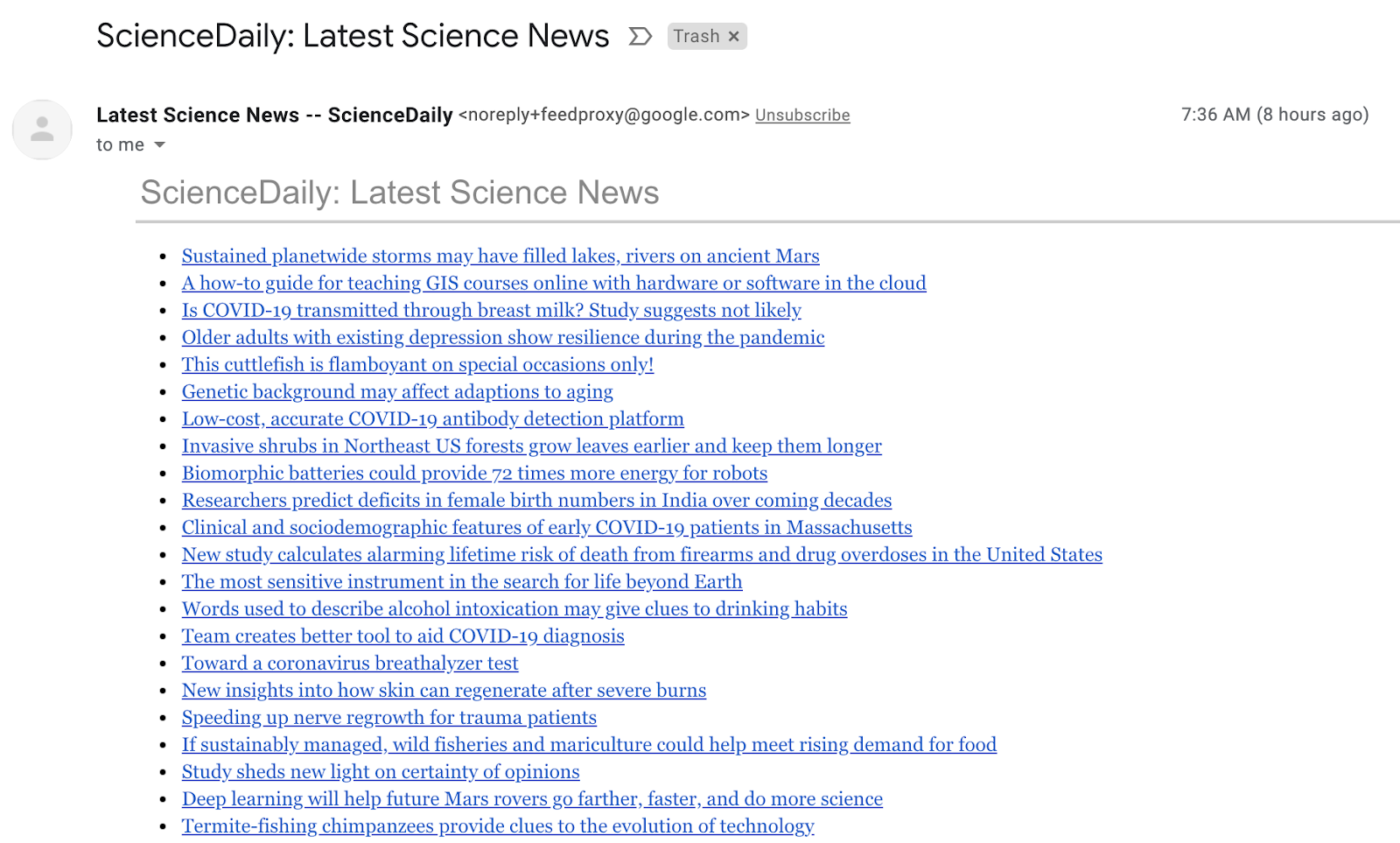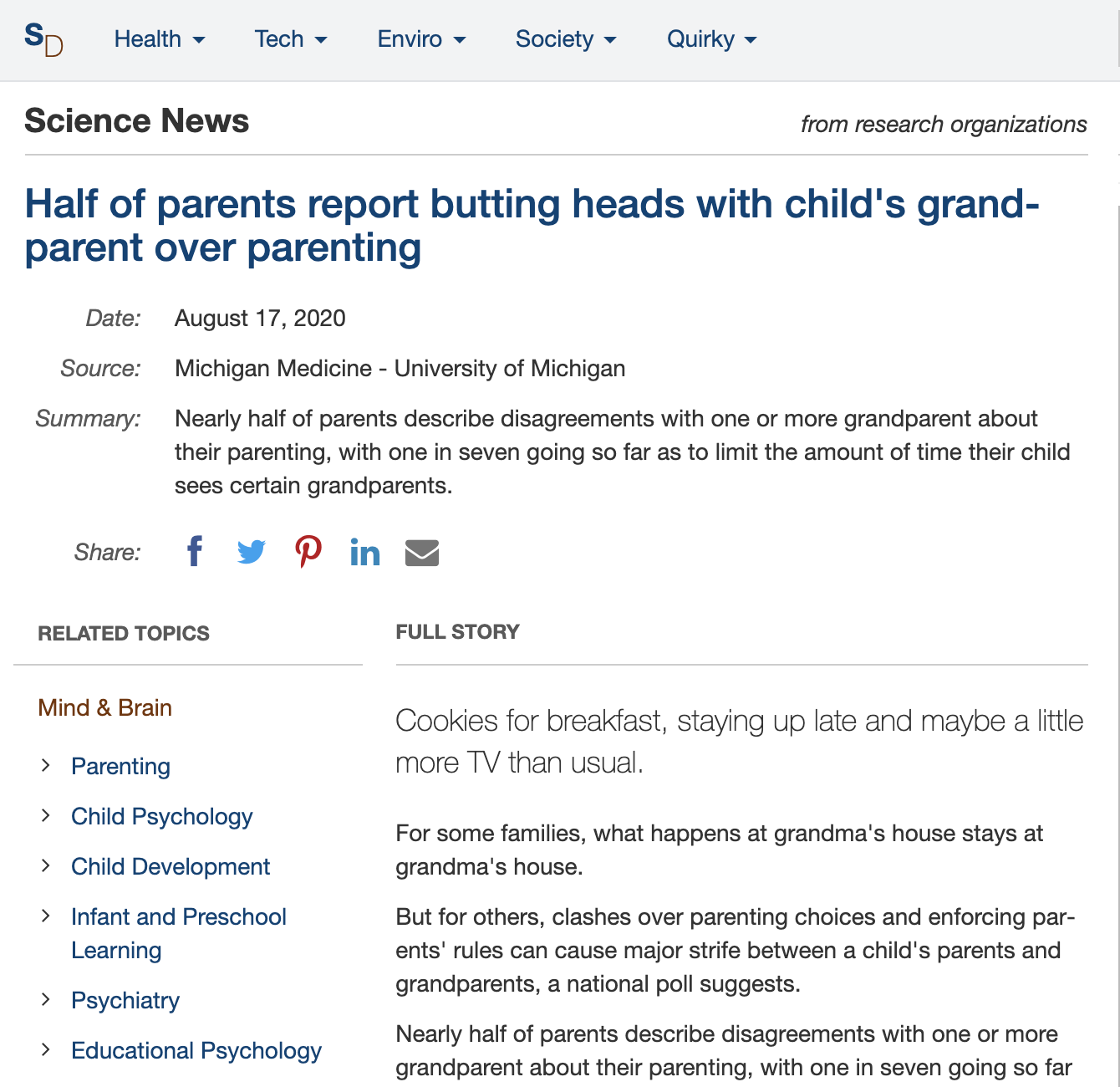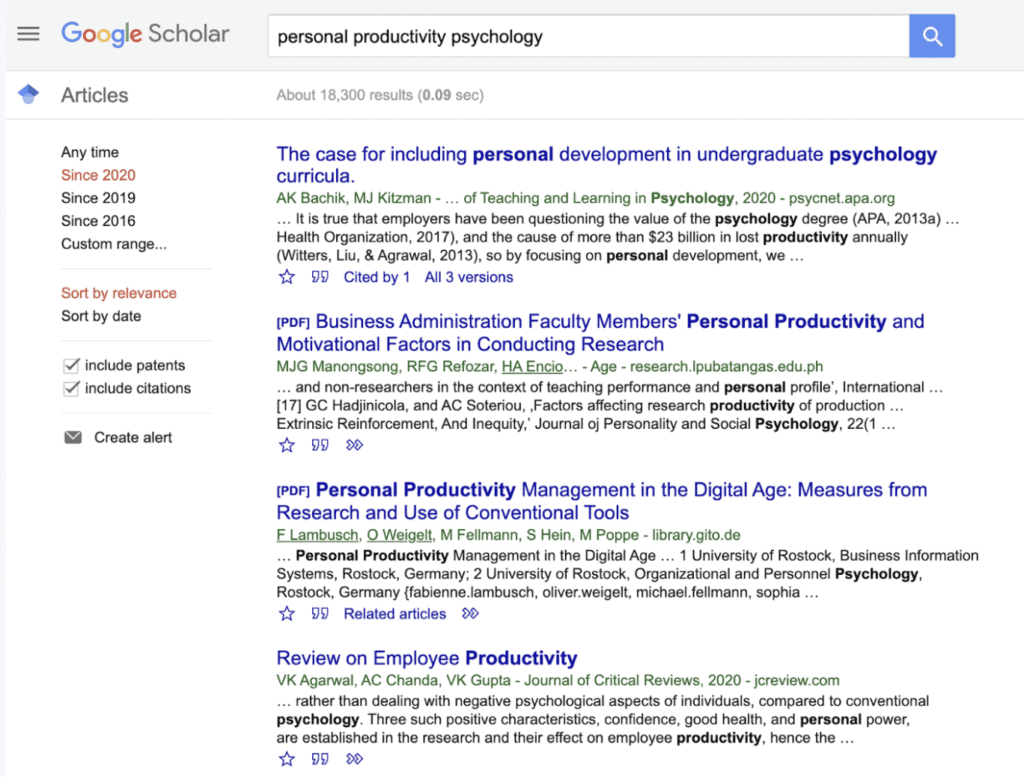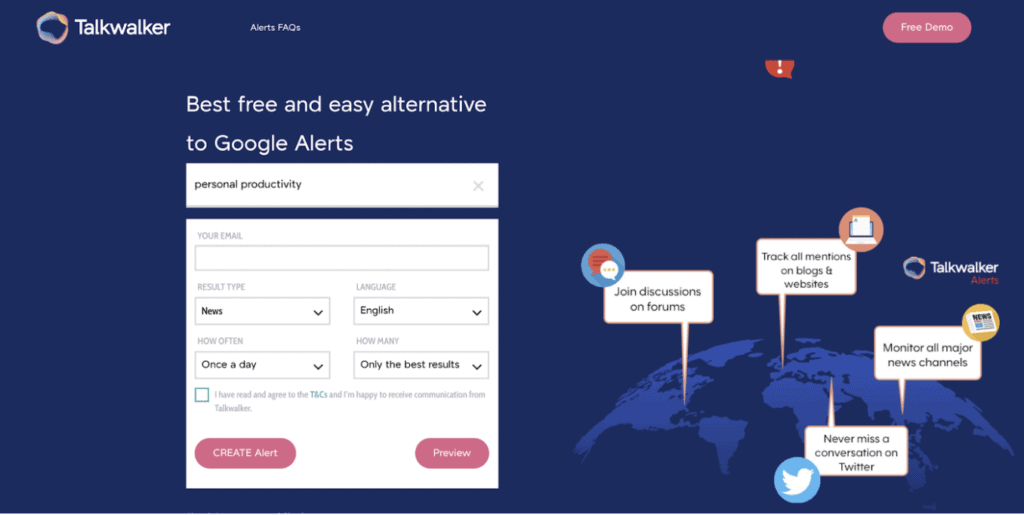Do you want to build credibility and trust with your readers? Would you like the ghostwriting you do for others to have more gravity and impact? Sourcing quality research, statistics, and citations for articles are some of the easiest ways to back up claims you make in your articles. Finding the “right” citation, however, can easily derail a writing session if you’re not careful.
The first time I experienced the time savings of batched research was while sourcing Nicki Minaj remixes, not science. In my twenties, I taught indoor cycling classes, which were a great outlet for me after the debacle of music school to stay connected to sound and performance. I taught at a rhythm-based cycling studio (Think SoulCycle/Peloton) where you move your feet in rhythm to the beat. This means I needed songs at different tempos and different intensities to use throughout the class, and a fresh playlist twice a week.
Teaching the workouts was boring. But making the playlists… Oh-Em-Gee, you guys. Playlist curation totally lit me up. I wonder how many hours of life I’ve wasted on SoundCloud trolling for the perfect remix of Anaconda at the perfect tempo? At least a thousand, I’m sure. The dubstep remix was too fast, and the future house supercut was too slow… When I was in a pickle to find an exact song to fit into an exact playlist, I bled time like crazy.
3 Quick Ways To Source Quality Research For Your Articles - Post Outline
The first time I experienced the benefit of batching research was in sourcing Nicki Minaj remixes, not science.
Then a seasoned instructor gave me advice that forever changed my productivity. She advised that I split my time into two sessions: A “discovery session,” where I spent time finding songs and cataloguing them into tempo-specific folders for future reference, and a “construction session,” in which I actually put playlists together. Over time, this process made playlist-making way easier. And as a bonus, upon retiring from fitness instruction I walked away with a dozen folders of sick remixes that are, to be blunt, fire.
Turns out that the same approach can apply to article citations. By keeping scientific research links handy — and knowing where to locate new research quickly — the writing you do for both yourself and your clients will have more punch and power with less effort.
Where To Incorporate Quality Research In An Article
As Harvard professor and author of the book Why Trust Science? Naomi Oreskes points out:
“What makes scientific claims reliable is the process by which they are vetted. All scientific claims are subject to tough scrutiny, and it’s only the claims that pass this scrutiny that we can say constitute scientific knowledge.”
In a nutshell, cite research in any part of an article where you want to reinforce your point with evidence and conclusions that have already endured this review process. The more scholarly or journalistic your article, the more rigorous you’ll need to be with your assertions, but any amount of citation will help to overcome reader skepticism. Footnotes are a formatting option when conducting a lot of research, but for most mainstream publications a backlink to original research gets the point across.
Sometimes I’ll click on research links and discover that they’ve actually just linked to another media article, and not the original research. Whenever possible, link all the way back to the original science that asserts your point.
“Sometimes it isn’t what you know — it’s when you know.”
3 Quick Ways To Source Quality Research For Articles
#1: Subscribe To A Science Aggregator Like ScienceDaily For Quality Research
By signing up for ScienceDaily, I get daily emails that summarize new research that has been published by university research teams or laboratories worldwide. This email is nicely organized with a table of contents at the top, and takes just seconds each day to scan.

Screenshot from the author
Most of this research is, well, really scientific. Think biology, chemistry, or physics research. However, nearly every day there are new published studies in the fields of psychology, sociology, and human behavior that may apply to you. Here’s an example of a published study that examined the relationship between parents and grandparents.

Screenshot from the author. Example from ScienceDaily
If you’re new to ScienceDaily, you’ll find a treasure trove of science on their website that you can bookmark for future reference or citation in your articles. I love the “Mind & Brain” category personally. Often, research you discover will actually spark ideas for new articles too. Here are a few I found just now:
- A study that found caffeine makes you more focused, but not more creative.
- Research from the Cleveland Clinic correlating the arrival of the pandemic with a rise in stress cardiomyopathy, also known as “broken heart syndrome”.
- And surely the most disappointing research you’ll read all day: According to the European Society of Cardiology, long naps might increase your risk of death.
You get the idea. Stop trying to brainstorm new ideas and let science inspire you instead.
#2: Blessed Be The Research Fruit That Is Google Scholar
Running a web search on certain words or phrases along with the word “study” or “statistic” can help you find the research you’re looking for. If you want to ensure you’re getting quality results right from the start, however, consider taking a moment to learn your way around Google Scholar.
Google Scholar will filter search results to only include published research. You can also add parameters to further tighten your results. For example, one publication I write for asks that I only cite quality research that has been published in the last year to ensure relevance. Here’s a search I did on personal productivity that met those requirements.

Screenshot from the author
“Wow, these results are so interesting!” If you thought that to yourself just now, remain alert — the distraction dragon is rearing its ugly head! You’re just looking for results to bookmark that you can go back through later; resist the urge to fall down a rabbit hole.
#3: Turn On Talkwalker Alerts For Key Industry Terms
Years of media experience and watching the news all day have not only turned my brain into swiss cheese, but also taught me that sometimes it isn’t what you know — it’s when you know. Real-time or daily recap alerts from free resources like Talkwalker or Google alerts are a great way to see how certain topics in your industry are being covered in the current news cycle, as well as what new research is being cited to back up those claims.
I prefer Talkwalker alerts to Google alerts, and I set my filters to receive a once-a-day recap of new publications in the news about a certain topic. Consider setting this up for yourself for several of your most written-about topics so you can have your finger on the pulse of what’s being accepted and published in your field.

Screenshot from the author
Pro tip: Create an alert for your own name. This can help you monitor times when your work is being mentioned or published. Sometimes editors or journalists publish you and forget to circle back with you and let you know an article went live. You can also monitor blog posts, tweets, and forum discussions with Talkwalker if you so choose.
Research makes everything you write sound more professional and legitimate. But the process of finding research can quickly distract you and derail a writing session. Organize your time by intention, use these tools to stock up on solid statistics, and you’ll see your writing pack more punch in no time.
Thanks for reading. 🙏🏼
Keep up the momentum with one or more of these next steps:
📣 Share this post with your network or a friend. Sharing helps spread the word, and posts are formatted to be both easy to read and easy to curate – you'll look savvy and informed.
📲 Hang out with me on another platform. I'm active on Medium, Instagram, and LinkedIn – if you're on any of those, say hello.
📬 Sign up for my free email list. This is where my best, most exclusive and most valuable content gets published. Use any of the signup boxes in this article, or go to the newsletter page here.
🏕 Up your marketing game: Camp Wordsmith™ is my business and writing program for small business owners and online entrepreneurs. Get instant access to resources and templates guaranteed to make your marketing hustle faster, better, easier, and more fun. (It's also "glamping"-themed – who doesn't love luxurious camping?!) Learn more here.
📊 Hire my marketing company: Hefty Media Group provides consultation and done-for-you services in content marketing. We're a certified diversity supplier with the National Gay & Lesbian Chamber of Commerce, and we'll make you sound damn good via the written word. Learn more here.
© 2021, 2022, Hefty Media Group. All Rights Reserved.


